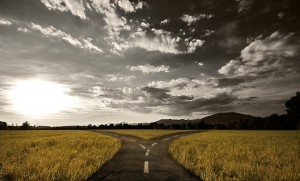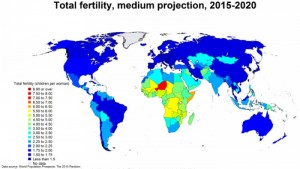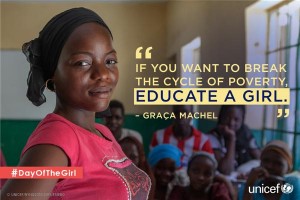Standing at the Crossroads
Feb 7th, 2016 | By admin | Category: Featured, Other ResourcesBy Suzanne York, www.transition-earth.org
“We are the first generation with the knowledge of how our activities influence the Earth System, and thus the first generation with the power and the responsibility to change our relationship with the planet.”That statement was written in 2011 in a journal article by a group of some of the world’s most eminent scientists. It is a weighty statement. It could be used to guide society down a positive path of change, or it can be ignored, and we continue with business as usual, with potentially devastating consequences for humanity, the planet, and future generations.
Which direction will we choose?
The Anthropocene
Human beings are extraordinary creatures. We’ve only been here in the blink of an eye in evolutionary terms – a mere 200,000 years. Yet we have and are continuing to rapidly change the face of the planet, so much so that some scientists argue we have entered a new geologic epoch designated as the Anthropocene. A recent study says that accelerating technological change and a growth in population and consumption have driven the move into the Anthropocene.
Just about every issue is connected and just about every grave issue facing the world today is made that much more challenging by increasing human population.
Last year, the United Nations released World Population Prospects: The 2015 Revision. In its key findings, the UN reported that the world’s current population is expected to reach 9.7 billion by 2050, slightly more than the 9.6 billion forecast two years ago. The planet may reach 11.2 billion by the end of the century.
Perhaps we forget too easily in our Google-Facebook-instant news-connected world that we share the planet with many other species. The Earth is now on course for – or may already be experiencing – a sixth mass extinction, where 75% of species could go extinct in the next few centuries if current trends continue.
Rights-based Solutions
The solutions to attaining a healthy population number are grounded in the principles of rights and empowerment, and are things the world should be doing anyway. Just a handful of examples are educating girls, ending child marriage, supporting access to and information on voluntary family planning, ending dependence on fossil fuels and investing in clean energy, supporting local economies, shifting from free trade to fair trade, and reducing poverty.
We know what needs to be done, and we have the ability to do it. We just need to find the will – especially the political will – to make it happen.
A first step is acknowledging and addressing “sensitive” topics and building a solid and positive base to improve lives and protect the planet as the human population and human impact grows for the foreseeable future.
Here are some suggested places to put our focus, efforts and resources:
- Women’s Rights – providing voluntary family planning services to the 222 million women in developing countries who want access to family planning services but do not have access to contraceptives;
- Youth Rights – providing comprehensive sexual and reproductive health education to the nearly 2 billion young adults between the ages of 10-24;
- Rights of Nature – recognizing the legal right of ecosystems to exist;
- Rethinking the Economy – accepting that endless economic growth is unsustainable and more efficient global indicators of human and environmental well-being should be adopted.
Whatever direction we choose to go, we are all in this together. In the words of Nobel Peace Prize winner and environmentalist and women’s rights activist Wangari Maathai, We cannot tire or give up. We owe it to the present and future generations of all species to rise up and walk!



